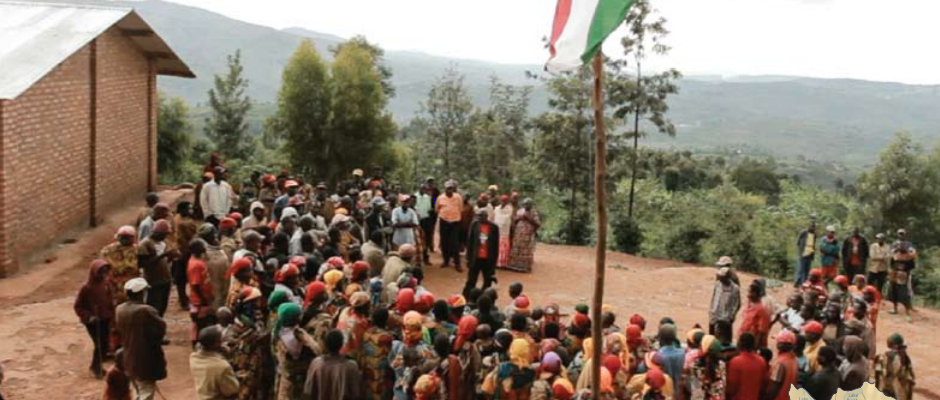
The international development community has increasingly focused on domestic resource mobilization as a means to achieve sustainable development financing. Though this agenda is primarily motivated by a desire to finance essential service delivery while reducing dependence on international aid, it is also influenced by the idea that expanded taxation can result in positive governance dividends for taxpayers. In line with this, domestic and international policy attention has often focused on broadening the tax base, including the pursuit of greater local revenue mobilization.
A growing body of research has questioned the logic of extending the tax base amongst individuals and businesses in the urban informal economy, highlighting the associated revenue inefficiencies, negative equity implications and lack of a direct relationship between tax payment and service delivery outcomes. However, the challenges and impacts of extending taxation in rural areas have largely been overlooked, in part because the vast majority of revenue in low-income countries comes from urban centres—and often just from the capital.
The realities of rural taxation in Togo and Sierra Leone
A recent study by Vanessa van den Boogaard and Rachel Beach draws attention to the realities of rural taxation through two illustrative country case studies in West Africa: Togo and Sierra Leone. These case studies combine qualitative and quantitative evidence to reveal the inefficiencies of rural tax collection, showing that the revenue collected in rural areas is often able to finance little, if anything, other than the costs of collection. We show that rural revenue inefficiencies emerge as a result of limited revenue potential due to high concentrations of poverty and limited fiscal mandates, as well as high collection costs resulting in part from low population density and the illegibility of tax bases. The conditions are true regardless of whether the revenue system is centralized (as in Togo) or partially decentralized (as in Sierra Leone).
After introducing their case studies and data, the authors effectively portray the realities of tax collection in rural Sierra Leone and Togo. The study then explores the reasons behind rural revenue inefficiency, and considers how street-level tax collectors and local authorities respond to the realities of scarce revenues and manage the resulting inefficiencies. The analysis supports an uncomfortable truth: due to the uneven distribution of economic activities within countries, taxation in rural areas is often inadequate to meaningfully finance local service delivery and development projects.
The study further considers the implications of revenue inefficiency for public goods provision in rural areas and calls for a re-thinking of the nature of fiscal reciprocity, the role of government in rural areas and the desirability of taxing rural citizens. Finally, rather than advocating for “more local revenue” based on normative grounds, the authors explore the lingering puzzle of why rural taxation persists despite the revenue inefficiencies.
The reality of revenue inefficiency—as observed in Togo and Sierra Leone—raises important questions for policymakers about the rationale for rural tax collection. The revenue motivation for broadening the “tax net” to rural spaces is only weakly supported while the risk of leading to inequitable outcomes is considerable.
Policy implications
Van den Boogaard and Rachel Beach argue that these realities have important implications for governance and service delivery, implying a need to rethink the nature of reciprocity relationships between citizens and the state and the role of government in rural areas. While taxation in rural areas is often unable to finance service delivery and development projects, rural administrations may embrace the idea of using locally generated revenue as seed money to “lobby” on behalf of their communities with potential development partners and their central government, shifting conventional ideas about the role of the state in these contexts.
While the authors question whether rural citizens should be taxed at all and recommend cautious realism in the prospects of achieving sustainable development financing through these means, they highlight the non-revenue motives for rural taxation that may make the abolition of inefficient taxes unlikely in practice. While rural taxation may be reasonably disconnected from orthodox views of the links between taxation, accountability and government responsiveness, the nature of these relationships may nonetheless need to be reimagined in line with the realities that prevail in rural areas.
Read the full article (Open Access):
Vanessa van den Boogaard, Rachel Beach, 2022. Tax and governance in rural areas: The implications of inefficient tax collection. Journal of international Development. First published: 22 February 2023 https://doi.org/10.1002/jid.3756





